The misunderstood “Mama” effectively explores themes of motherhood — traditional and alternative — unconditional love, and complex women.
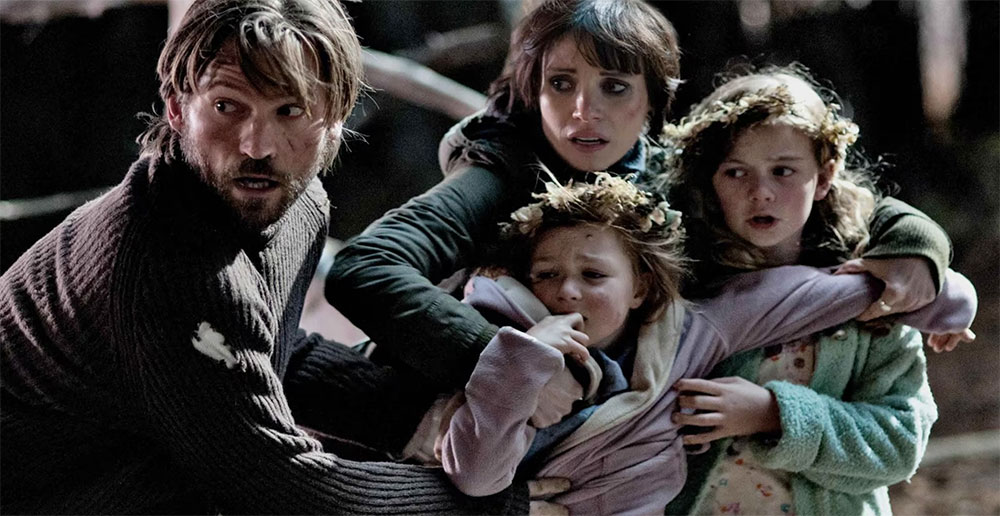
Before Andy Muschietti entered King country and broke our hearts with his emotionally charged adaptations of It, he was causing us all distress and turmoil with his feature debut Mama in 2013. While some critics and viewers gave Mama a lukewarm reception, others embraced the old-fashioned ghost story that was not only a marvelously creepy tale but also an intense and riveting story of a found family.
One would be hard-pressed not to be at least a little taken by this film which is a monument to love and unconventional parenthood.
Blood doesn’t make a family in the wider world of Muschietti’s works, and this early entry is no different.
Based on the chilly short of the same name, Mama centers around the ghost of a tormented woman who has been caring for missing siblings Victoria (Megan Charpentier) and Lilly (Isabelle Nelisse) following the deaths of their parents.
One day, Victoria and Lilly are discovered and brought back to society and placed in the care of their uncle artist Lucas “Luke” Desange (Nikolaj Coster-Waldau) and his rocker girlfriend Annabel (Jessica Chastain). The ghost, whom the children affectionately call Mama (Javier Botet), follows the children and soon becomes jealous of how close Annabel and the girls are becoming.
The spirit lashes out, leaving genuinely creepy havoc in her wake.
The film’s found family element is as strong as its ghost story horror factor.
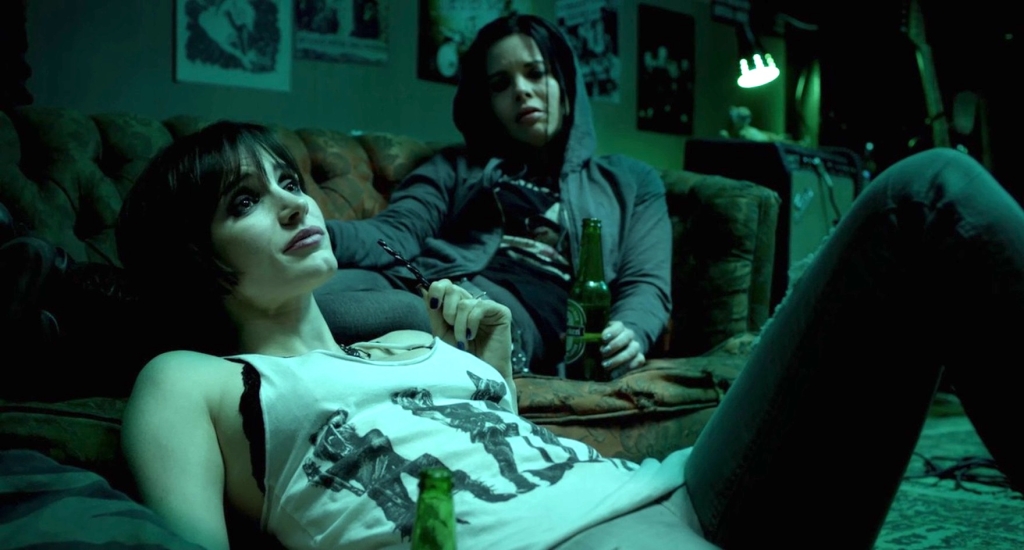
When the audience first meets Annabel, she is awaiting the results of a pregnancy test. She’s elated when the test comes back negative. Annabel has no interest in becoming a mother — at least not in the traditional sense, and it’s her love for Luke that causes her to step up and help him care for Victoria and Lilly.
There have been different readings of Annabel’s character, some saying she is forced into motherhood or that the film promotes a sense of compulsory motherhood. I respect this interpretation because everyone’s lived experiences with the idea of parenthood and childrearing is vastly different.
However, I think there is an alternative reading of Annabel and her role as a caregiver and mother figure.
Annabel’s rebellious nature clashes with that of the girls. The three are more alike than they are different, and their ability to relate to one another is essentially what gives way to the girls’ progress as they adjust to society.
Annabel is a mother figure, yes, but she is an unconventional one.
Many women find themselves in these unconventional maternal roles. Recently, the film M3gan comes to mind, where Gemma (Allison Williams) similarly muddles her way through newfound guardianship.
We know that Annabel has no interest in having kids of her own. She refreshingly celebrates her negative pregnancy test in her introduction — an act we should see more of in the media across the board.
Annabel is a character that rejects the idea of “traditional” motherhood (i.e., marriage, biological children, etc.) but comes to embrace the idea of being a parental figure.
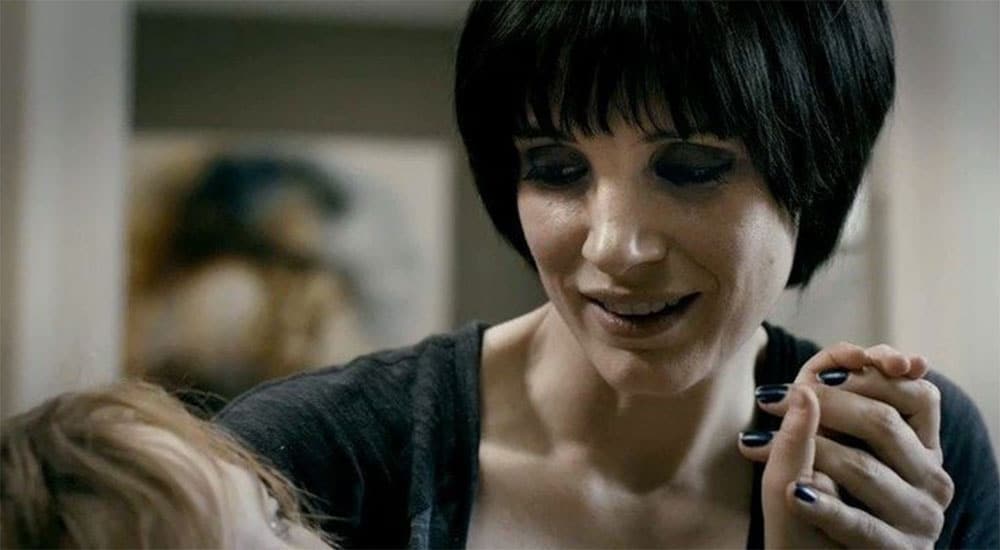
Perhaps Annabel is less forced motherhood propaganda and more a character that promotes the idea of alternative parenthood and guardianship.
In a society where women are looked at as lesser for not wanting to bear children and raise them, Annabel coming to the idea of family through Victoria and Lilly can be viewed as an empowering act. She rejects the idea of traditional familial ties for chosen family.
The family you choose is far more important than the idea of consanguinity.
Annabel’s fierce loyalty and headstrong nature make her a memorable horror heroine. Not to mention, she’s pretty damn cool. She’s a bassist, a goth-tinged punk who is a member of an all-female rock band. Actress Jessica Chastain infuses the character with conflict and warmth as she experiences growing pains that we often forget come along with adulthood.
Chastain gives the role the right amount of fear and bravery that’s needed to make the character relatable, a touchstone for the audience in the midst of this eerie ghost story. That level of skill brings the character full circle.
While creating an alternative and brave heroine with Annabel, Muschietti creates a sympathetic villain in Mama herself.
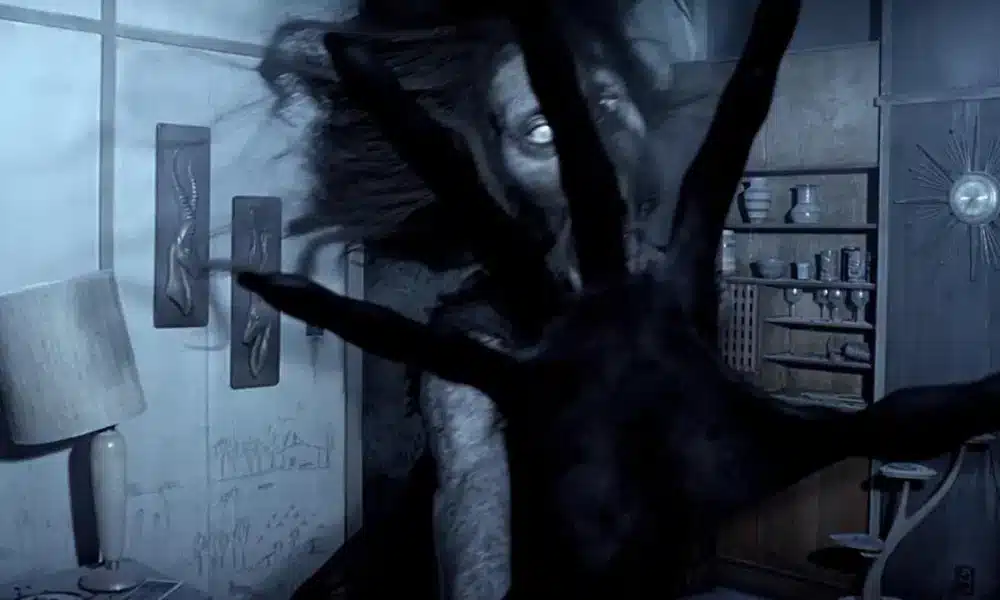
Mama’s character speaks to the disenfranchisement of mental patients in asylums.
Mama, named Edith Brennan in life, was a mentally ill woman from the 1800s whose child was taken from her. Desperately, Mama escaped and took her baby back. While fleeing, she jumped from a cliff into the water below. On the way down, her baby was caught on a branch, and Mama subsequently drowned.
The ghost haunted the woods, looking for her baby before she found Victoria and Lilly as her own surrogate children.
In the woods, Mama cared for Victoria and Lilly as if they were her own. She provided them with food and care. The girls simply would not be alive if not for the caring and gentle side of Mama’s nature.
While her ghost form is fearsome, she becomes the only mother that young Lilly has ever properly known, given her young age when first encountering the spirit.
There’s something profoundly sweet in Lilly’s unconditional love of her mother figure, no matter how grotesque her twisted and desiccated form is to others.
At her core, Mama’s ghost is the specter of a broken woman whose autonomy and child was taken from her. Victoria and Lilly gave her purpose, filling the void left by her own child. Mama becomes jealous and insecure when Annabel becomes the girls’ primary caregiver.
Jealousy is a human emotion that can be difficult to grapple with, but given all that Mama has endured, that humanity is what makes the character sympathetic.
It can be difficult to create a villain character with understandable pathos, but Mama is just that.
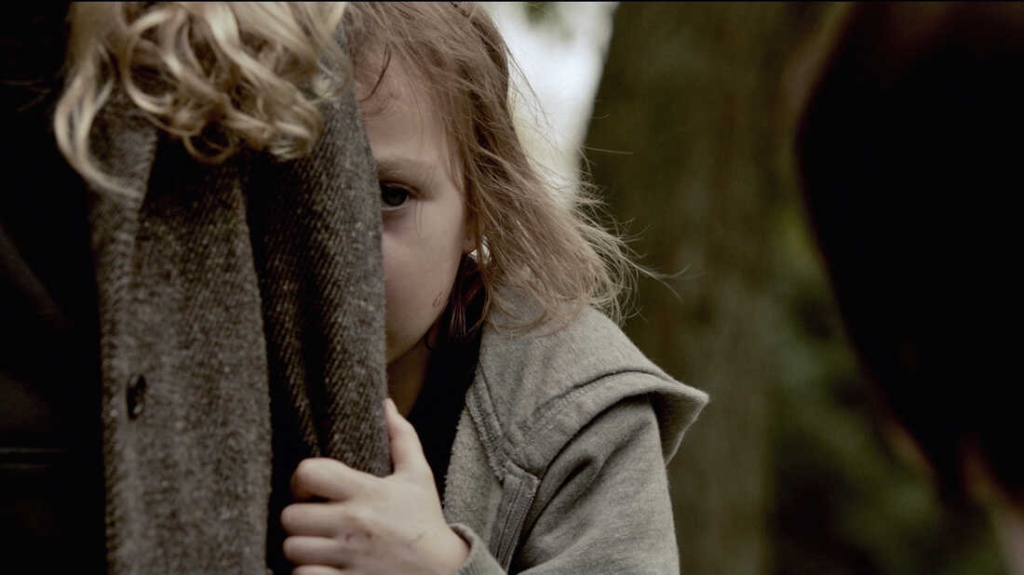
Overall, Mama is a movie about complicated women — living and otherwise — with complex backstories.
Mixed reviews took issue with the film and its overall quality, but there’s something beautiful in how it mines the depths of motherhood and humanity’s relationship to the idea of motherhood.
Our world is plagued by limited ideas of what makes a mother, a guardian, and a parent. Mama effortlessly expands that through Annabel’s character and her rejection of traditional parental avenues.
Mama also succeeds in developing a memorable ghost that viewers can feel for.
Mama is a film that can be dissected in many positive and negative ways, and that itself is impressive.


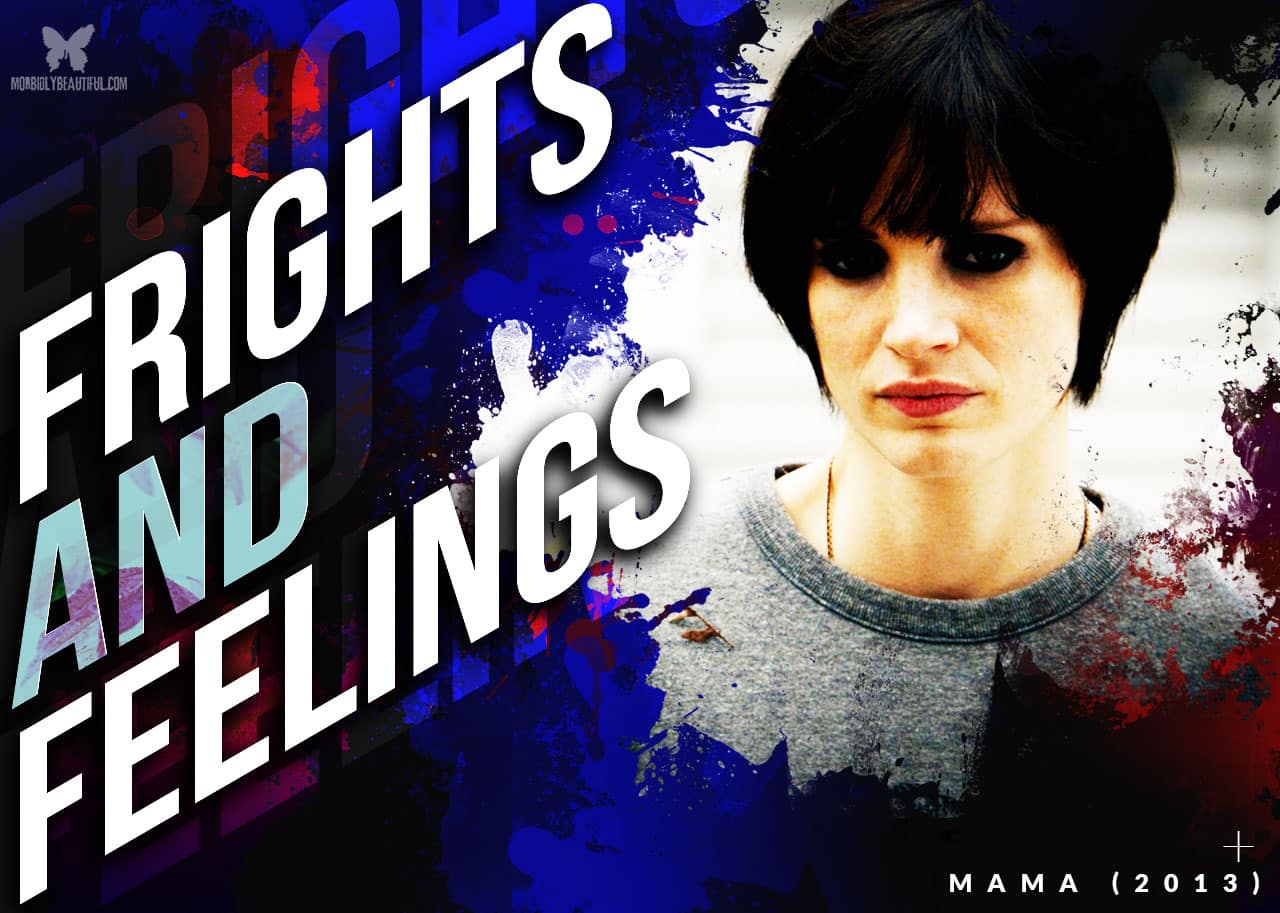
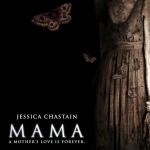






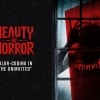

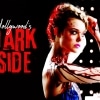

Follow Us!